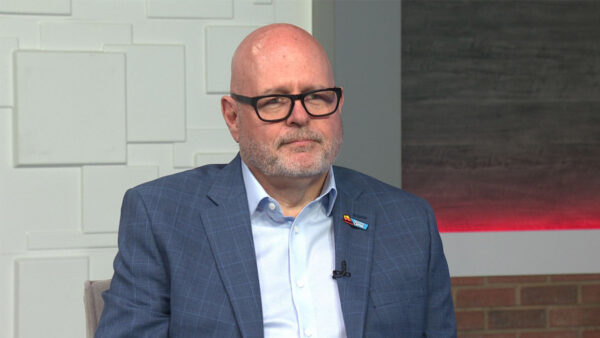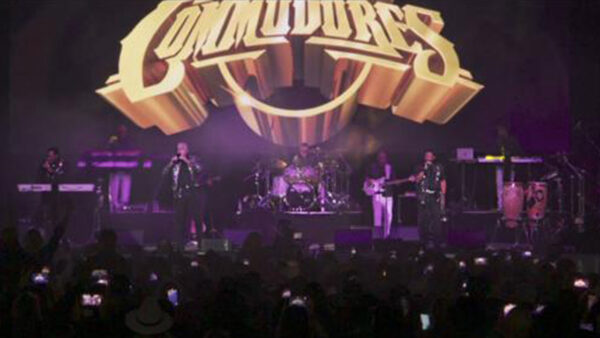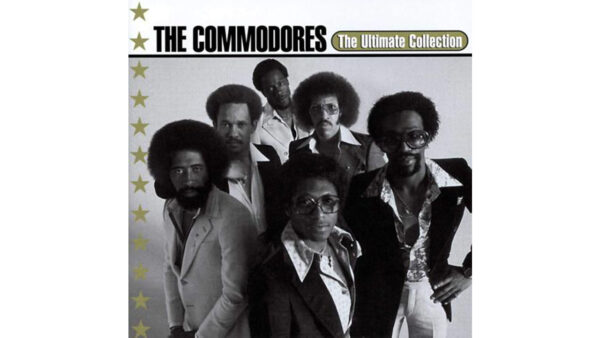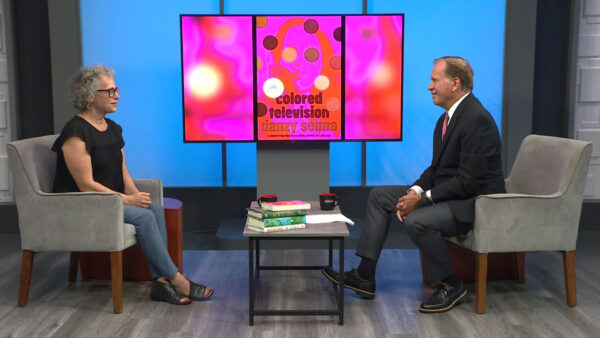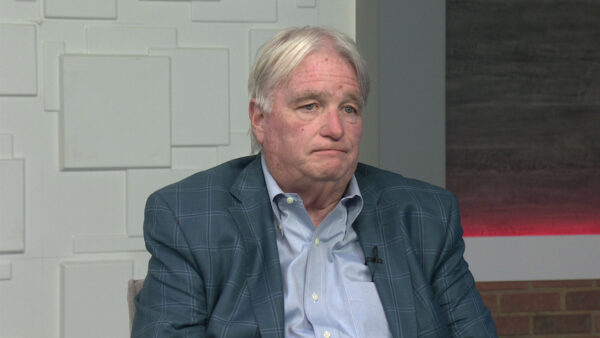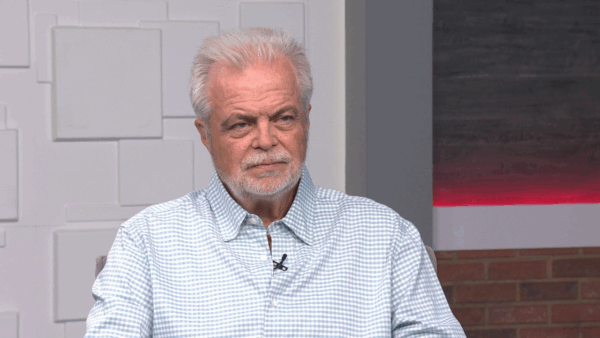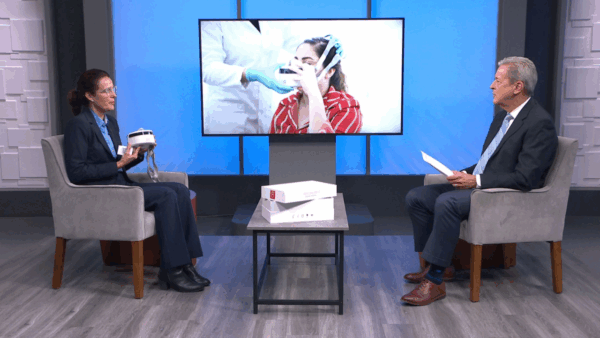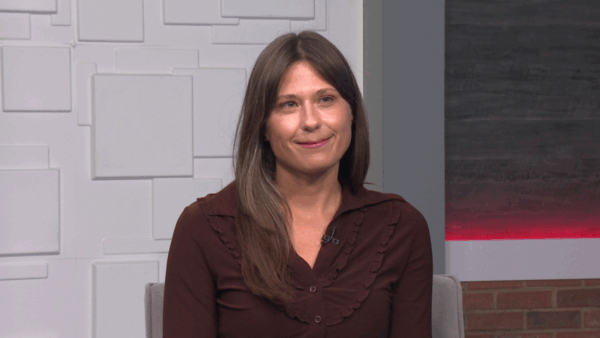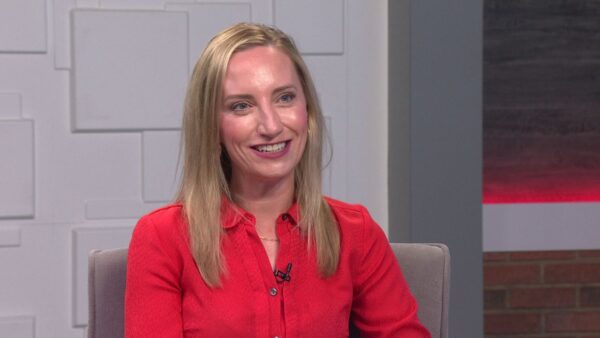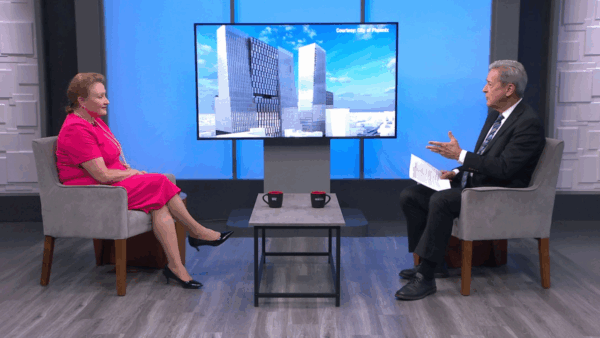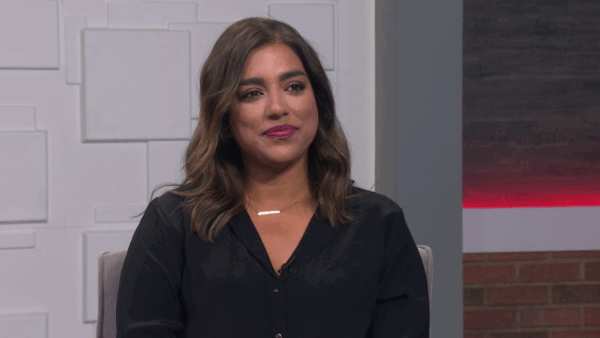Navajo Nation residents who have lived without power are looking to solar panels as a way to turn the lights on.
Vircynthia Charley, District Manager for the Navajo Tribal Utility Authority, estimates that connecting rural reservation homes to the power grid would cost more than $30,000, a price tag that has left thousands of residents in the dark.
But thanks to the rising affordability of solar power, homes off the grid are gaining access to electricity for the first time. It’s not a perfect solution, as solar panel users can’t use multiple appliances simultaneously or keep their lights on throughout the night, but Charley believes its a step in the right direction.
Ted Simons: For most folks it is no big delta turn the lights off with a flip of a switch. But for many people on the Navajo Nation, it is a big deal. As part of our on going PBS series on poverty and opportunity in America: "Chasing The Dream," we look at how a utility company is working to get more power to the reservation.
PKG: Why in the world are people living without modern day electricity?
PKG: When we pass through a certain area of Navajo, there is high voltage lines you can see from the road and below them you will see a traditional Navajo ho gone but it is ironic we have electricity generated with Navajo resources that is going to power major areas and there is a little area with family not getting power.
PKG: I often wonder how much we lost our natural resources going out and delivering power elsewhere but nothing came back. Navaho nation is a battery for southwest. Our reservation actually has -- where is the pollution coming from? We don't live in a city. We are not actually using a lot of energy as individual Navajo citizens on the reservation. The obvious hope is the power plant and administrations. They were surrounded by the reservations with coal powered fire plants and the three listed on the reservations are the three biggest in the west.
PKG: I guess in a sense we took it for granted. The reason why they are not connected to the grid is because of the amount of cost, really.
PKG: It is $35,000 per mile to extend the grid and that is out of the pocket of the individual. I don't know about you but I don't have that kind of money laying around to put in electricity.
PKG: My grandmother, I was hoping she would get services before she had passed. That was my commitment to serve those type of people. They didn't have there opportunity so i was a little bummed they were not able to experience it.
PKG: the unique solution is using solar systems and off grid to give them electricity.
PKG: I have been having a solar system for probably like a good five years now. My daughter's medicine is how we got the solar too. We use that to keep it cool.
PKG: So there is a direct tie now from health of a population to the use of electricity particularly for refrigeration.
PKG: Electricity from the solar panels are limited. We cannot use all the appliances together all at once. We can't use them for long periods of time. Before the sun goes down, we have to turn off certain devices like maybe we can only use one or two lights.
PKG: At some point we have to have a compromise of how do we use the system so we supply the right amount but it comes down to cost and what is affordable to people. You have to balance the need for energy versus how much people can afford.
PKG: This one I only paid $105 a month. It doesn't fluctuate.
PKG: It is great to see customers getting utility services for the first time. You will see children running around the home turning on all the lights to see if it works.
PKG: I was excited the first day.
PKG: How did it feel to get electricity for the first time?
PKG: It felt different. Matter of fact, we were not used to it and still used the flashlight even though we had a switch to turn on the lights.
PKG: Some people say why doesn't she just move? You have to understand that is just such a naive thing to think about. This woman who has lived their her whole life and wants to live there.
PKG: We are out here when nature rules and we comply. The sun is what it is, the earth is what it is. What it brings on any day we will accept it. It is nature taking care of us. It is the earth and the sun and this very, very beautiful place we call home.
Thomas Walker, Jr.: Community Peacemaker, Bird Springs Chapter
Sandra Begay: Engineer, Sandia National Laboratories
Vircynthia Charley: District Manager, Navajo Tribal Utility Authority
Jihan Gearon: Executive Director, Black Mesa Water Coalition
Helen Salazar: Resident, Navajo Nation
Bennie Black: Meter Reader, Navajo Nation Tribal Utility Authority
